Accounting Theories in Practice: Unilever Case Study
VerifiedAdded on 2023/04/23
|7
|382
|482
Report
AI Summary
This report provides an analysis of accounting theories, specifically legitimacy theory, stakeholder theory, and institutional theory, in relation to the company Unilever. It explores how these theories influence Unilever's social, economic, and environmental disclosures and overall organizational activities. The report concludes that Unilever's reporting aligns with these theories, as evidenced by its CSR reports, which are available on the company's website. It also references academic works to support the analysis of the accounting theories.
1 out of 7
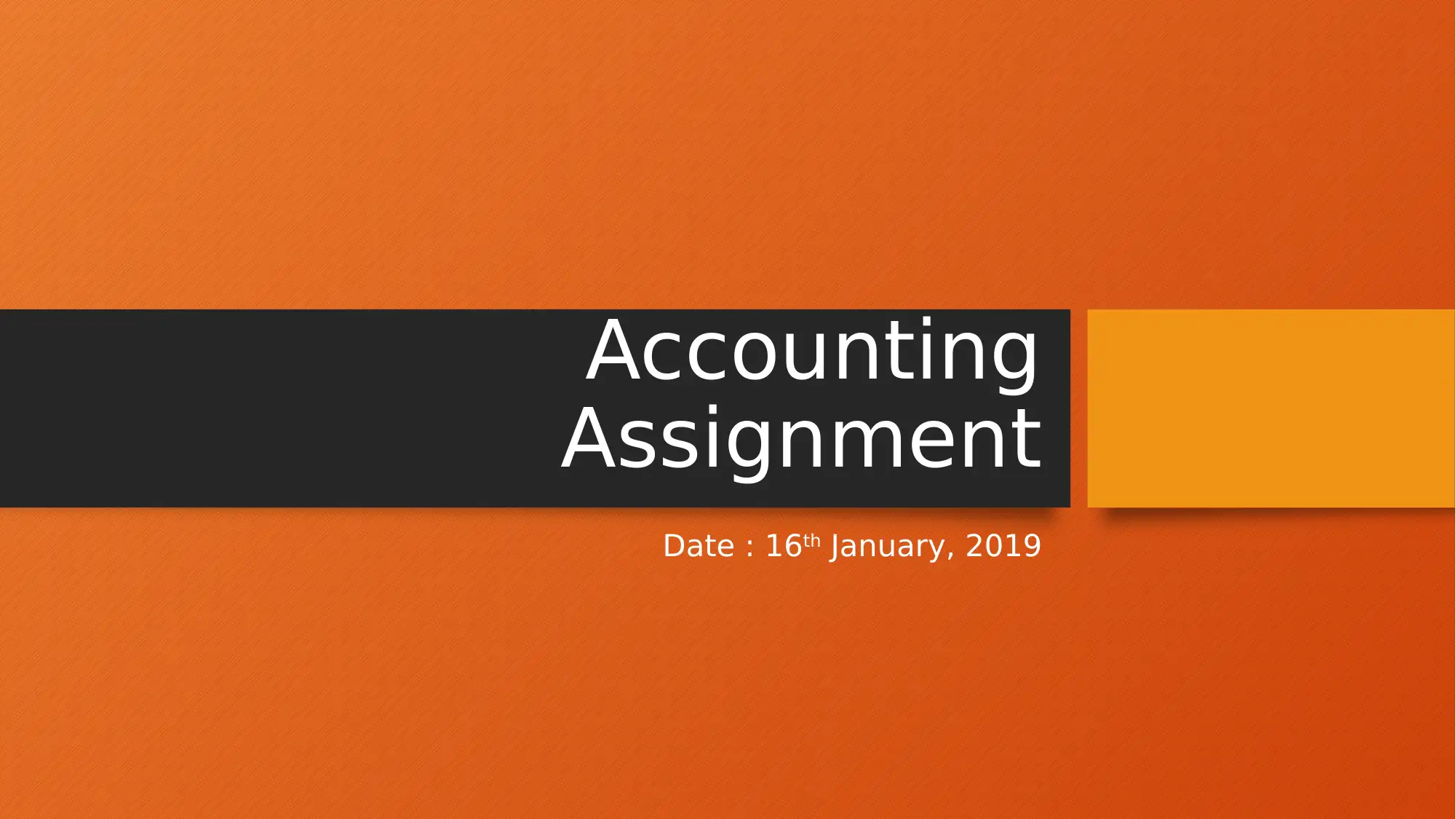
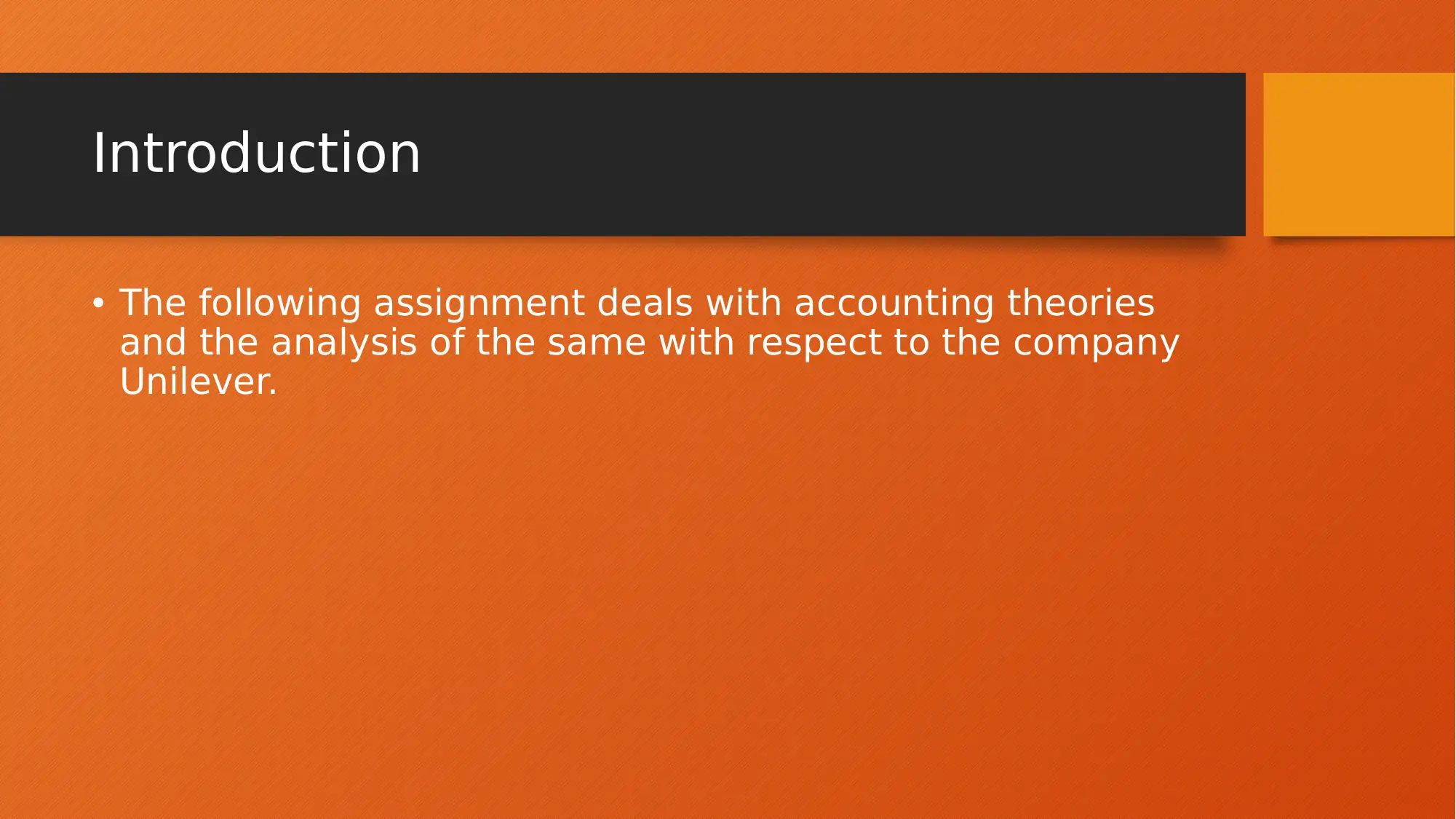
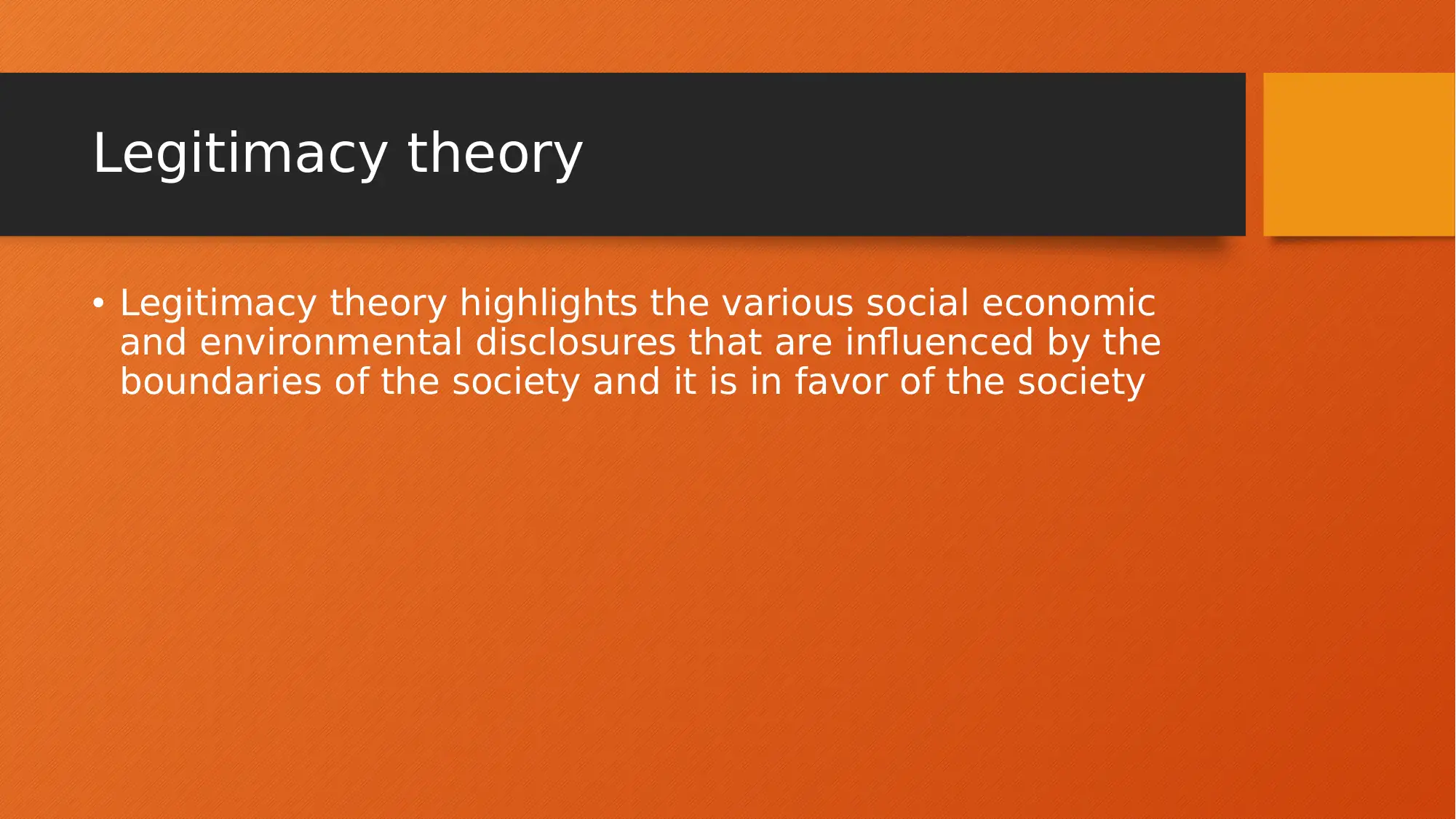

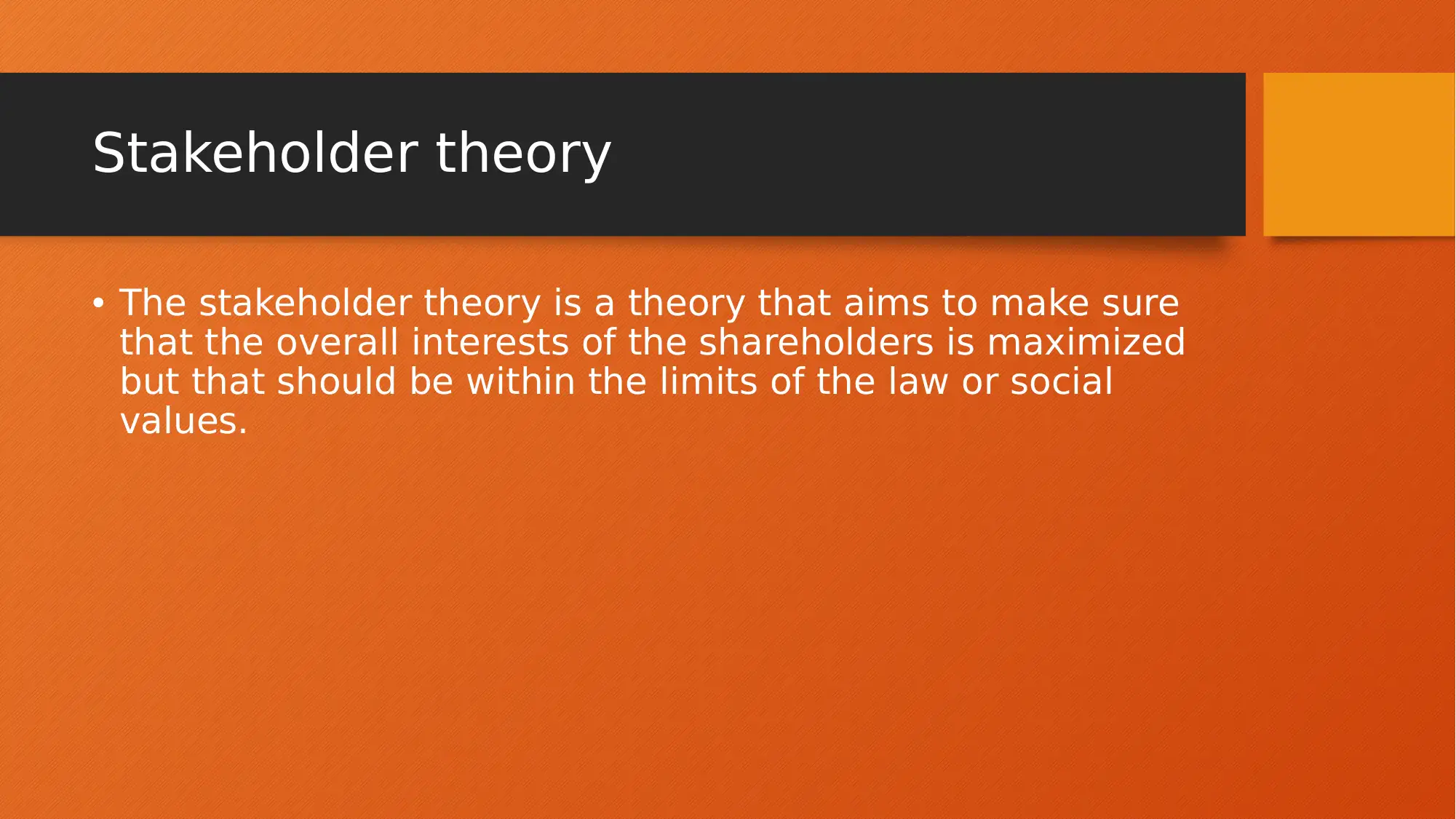
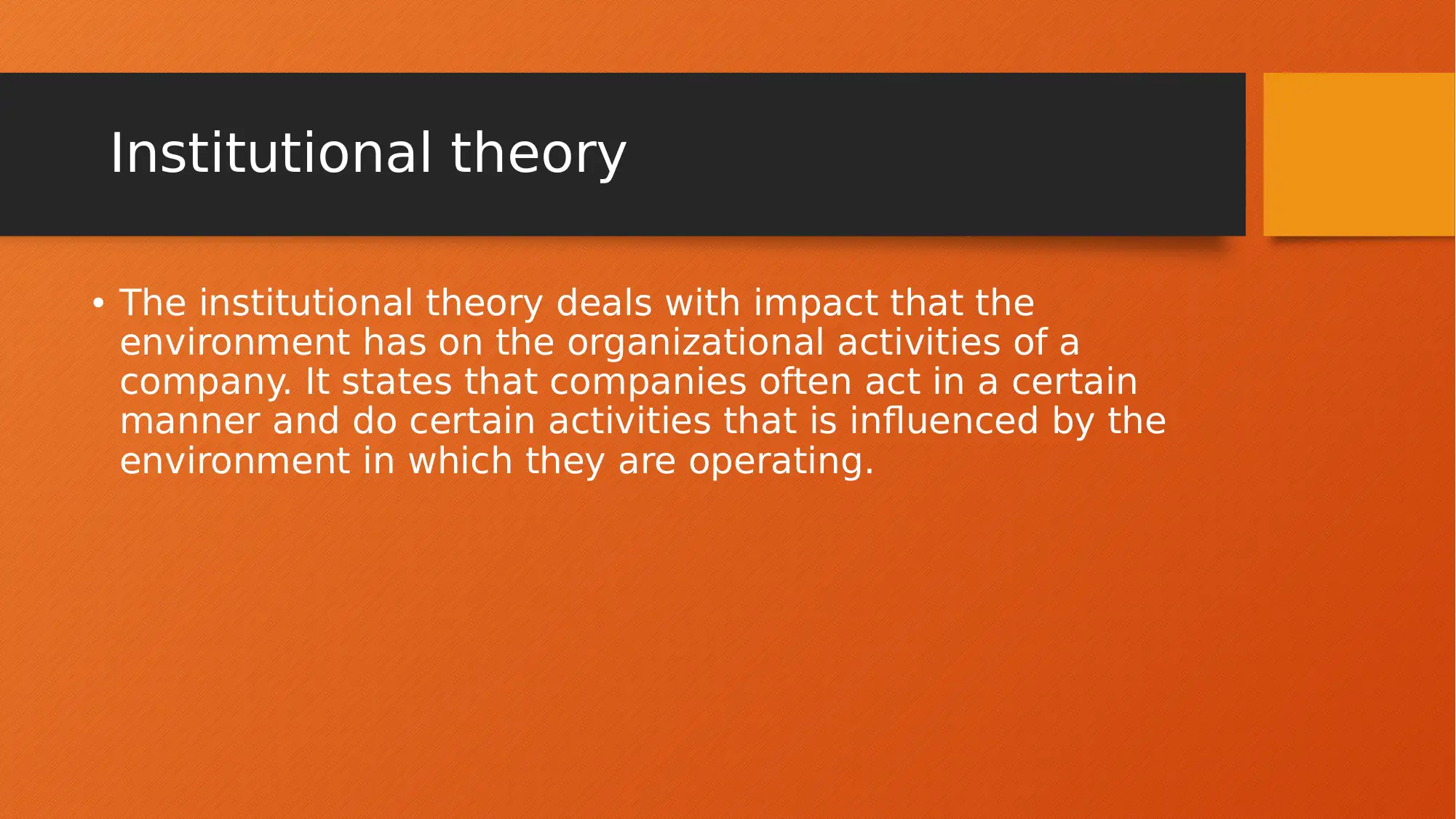
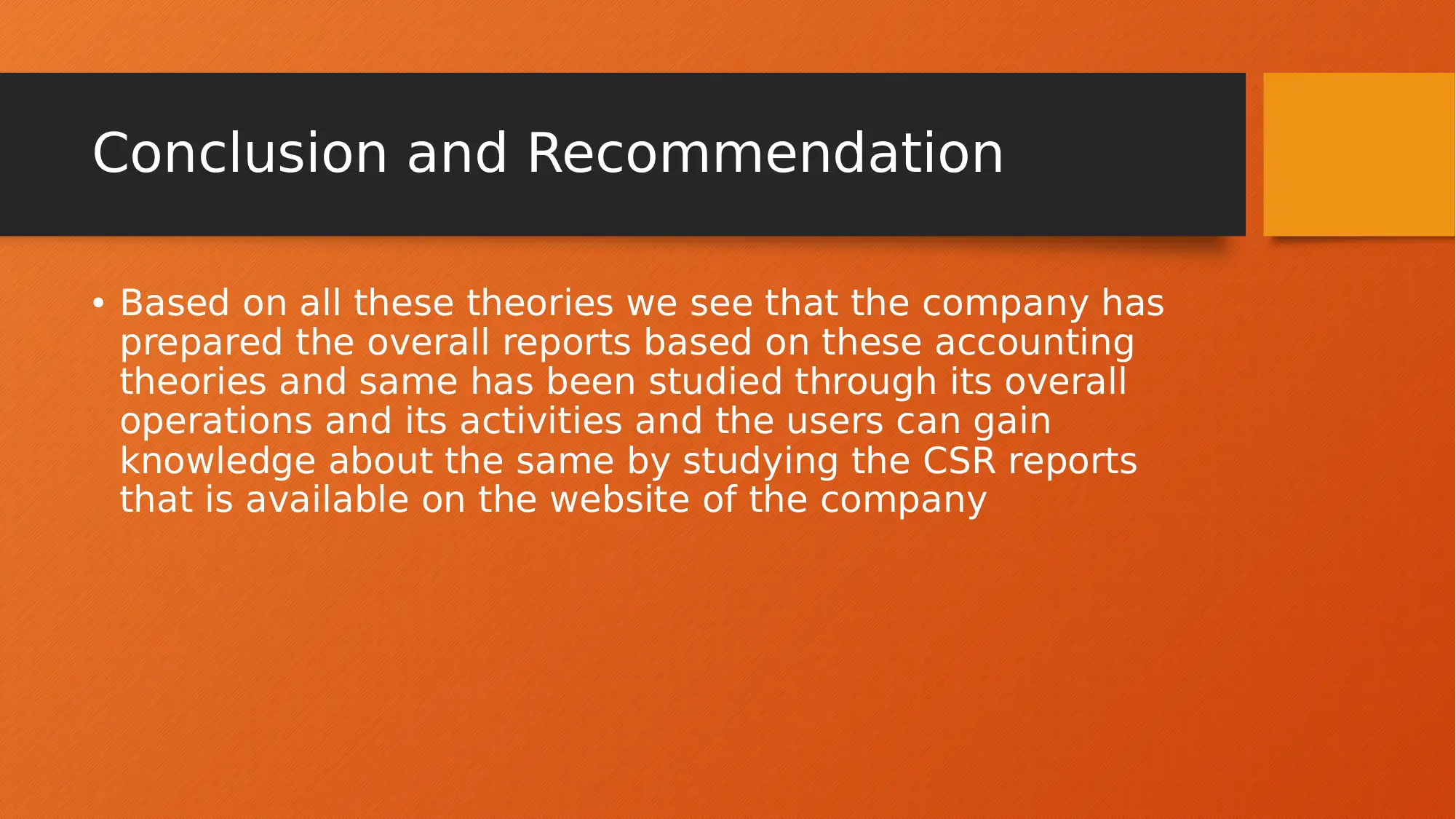
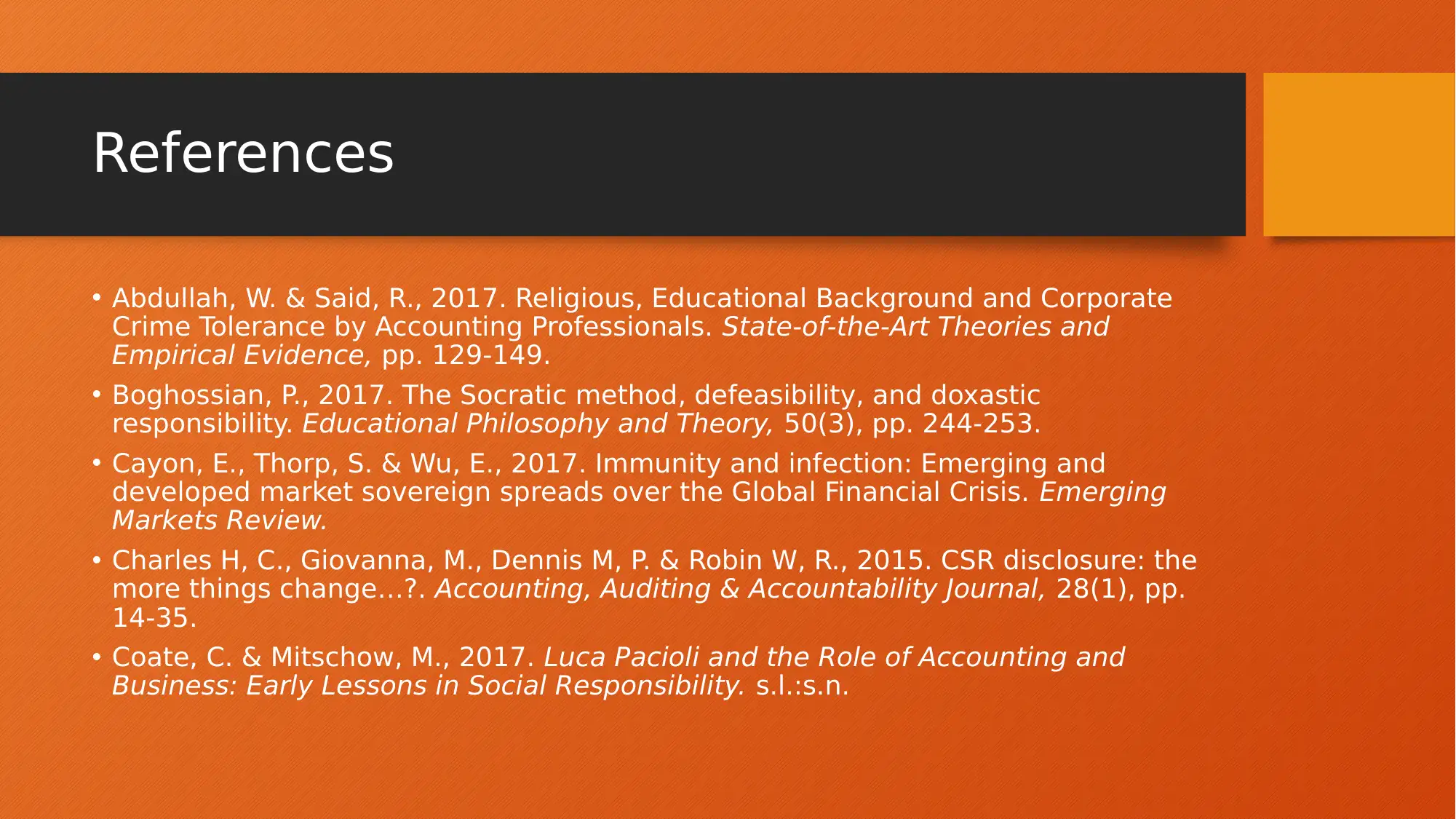





![[object Object]](/_next/static/media/star-bottom.7253800d.svg)